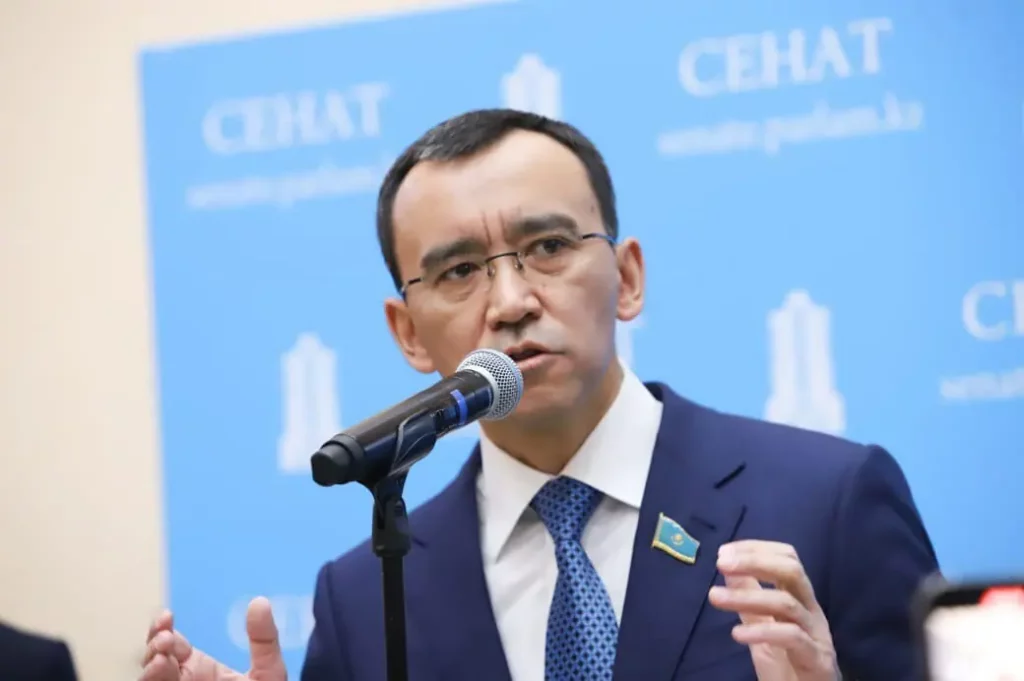Kazakhstan loses positions in development rating

Kazakhstan rolled back in the rating of sustainable development goals to the level of 2020, according to Maulen Ashimbayev, speaker of the Senate, the upper house of the parliament.
As he noted, poverty and the deficit of clean water are key challenges for the country.
Kazakhstan joined the UN Sustainable Development Goals (SDG) in 2015 and has been working on the implementation of 17 goals since then. Despite many achievements over the past decade, global problems made Kazakhstan roll back in terms of this indicator. This year, Kazakhstan is ranked 66th out of 166 countries in the SDG ranking compared to 59th place in 2021 and 65th place in 2022.
«According to the UN, more than half of the world’s countries aren’t able to achieve these goals. As for the position of Kazakhstan, we continue to lose positions in the SDG ranking. We have rolled back to the level of 2020. I think it is obvious that there are lots of issues in the sphere of sustainable development we should address as a country,» Ashimbaev said.
Key challenges for Kazakhstan
The depletion of water resources and increasing social inequality are the main problems Kazakhstan has to cope with, the official highlighted.
He said that the southern and western regions of Kazakhstan are already experiencing a shortage of water. Moreover, as long as the country’s population is growing the consumption of water is going to surge by 1.5 times in the next 20 years.
On the other hand, the amount of water that comes to Kazakhstan is also decreasing. The agricultural sector takes about half of all water in the country.
The problem of poverty
Ashimbaev also pointed out the problem of social inequality, which is constantly growing throughout the country. Every year, Kazakhstan is reporting more and more poor people. The income gap between people in urban and rural areas is growing as well. For instance, there are 150% more poor people in rural areas than in cities.
The speaker of the Senate also highlighted that the government should put much more effort into resolving problems with the environment, health and education.
According to Ashimbayev, the authorities need to specify what the national SDG indicators are and to do so by 2030. Moreover, whenever the government is considering the state budget, it should keep those SDGs in mind.
In the middle of May, Natalya Godunova, head of the Supreme Audit Chamber, reported the increase in poverty in Kazakhstan as well as Kazakhstanis’ growing eagerness to take consumer loans rather than business loans. In addition, in spite of many reports claiming that the government has created thousands of new jobs, the number of unemployed is growing in Kazakhstan.

